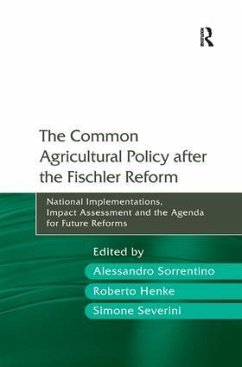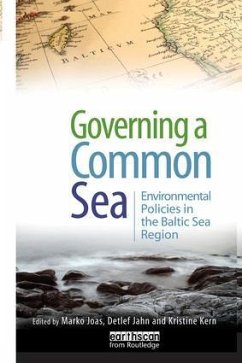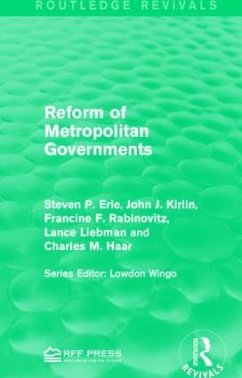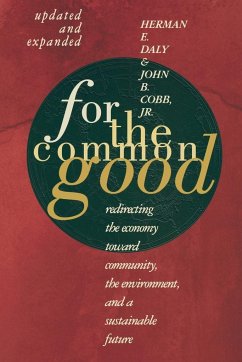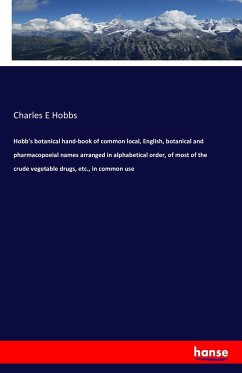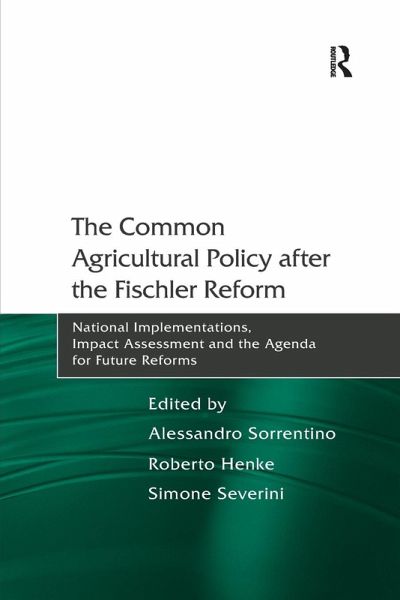
The Common Agricultural Policy after the Fischler Reform
National Implementations, Impact Assessment and the Agenda for Future Reforms
Versandkostenfrei!
Versandfertig in 1-2 Wochen
49,99 €
inkl. MwSt.
Weitere Ausgaben:

PAYBACK Punkte
25 °P sammeln!
Providing an updated state of the art report on the effects of the 2003 Common Agricultural Policy (CAP) reform, this volume has a particular emphasis on the governance of institutional changes and national/regional implementation. This book, with a foreword by Franz Fischler, also includes four commissioned contributions from leaders in the field including Sofia Davidova, Roberto Esposti, Tassos Haniotis and Johan Swinnen.





